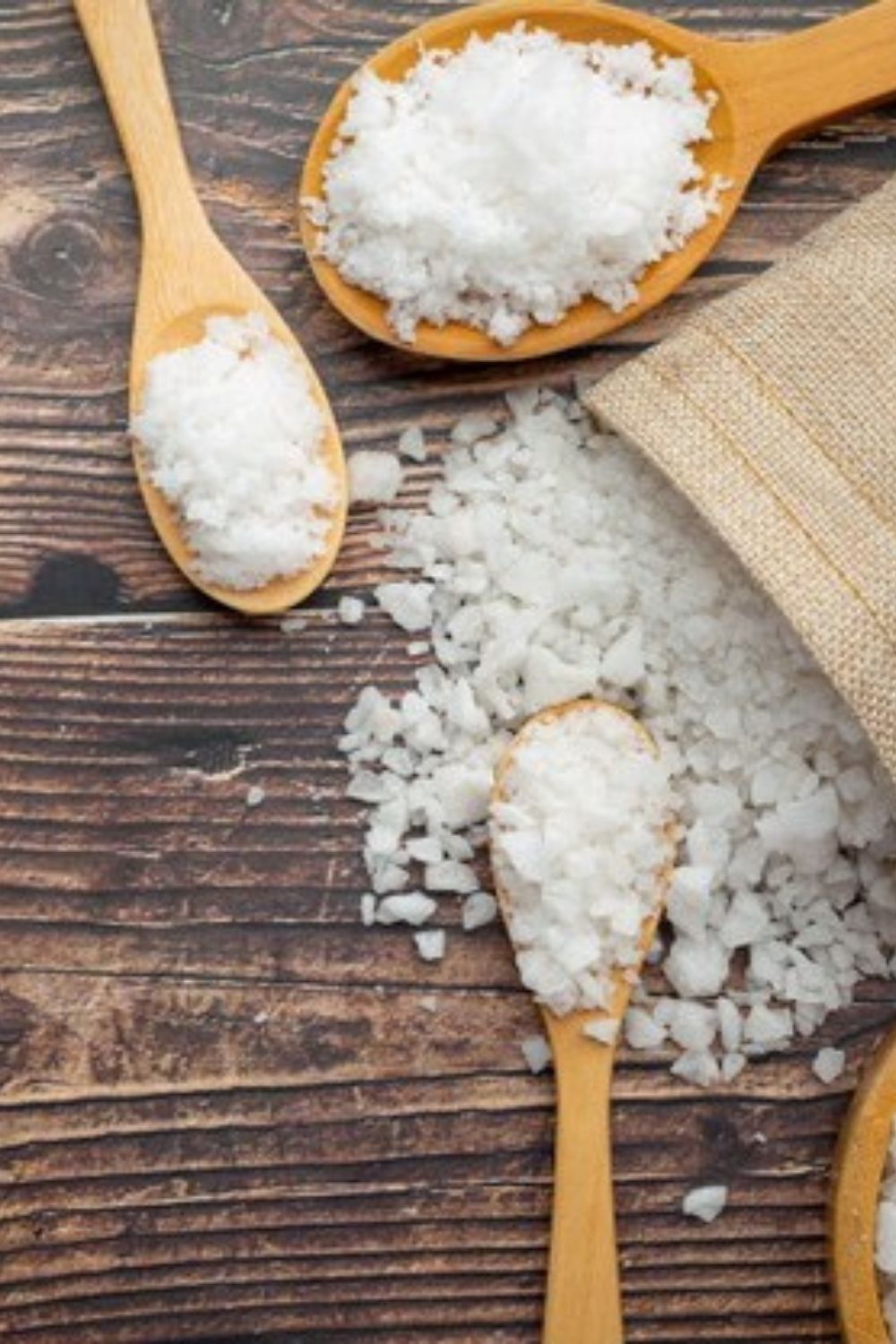There are several other ‘non-toxic’ herbicides that are popular among home gardeners. Each has its own benefits and disadvantages, and no one option is a one-size-fits-all solution.
White vinegar is one option, although it has been proven over time to be ineffective on its own. However, when mixed with salt and water, vinegar controls weeds well. As with the salt and water mixture, vinegar must be applied carefully as it can change the pH balance of the soil over time—affecting the growth of future plants.
Boiling water can also be used to some degree of effectiveness. It is a great option for dealing with clusters of difficult weeds in a garden bed, as the water will have no residual effects on the soil. However, as with most other herbicides, boiling water needs to be applied to the garden very carefully so as to not damage plants that you don’t want to kill.
Surprisingly, fire is another method of ‘non-toxic’ weed control that is used by gardeners. The fire burns the emerging weeds, causing damage at a structural level. While fire control will permanently remove annual weeds, it does not kill the roots of hardier perennial weeds. Flame weeders can be purchased online or at most garden centers or nurseries.





